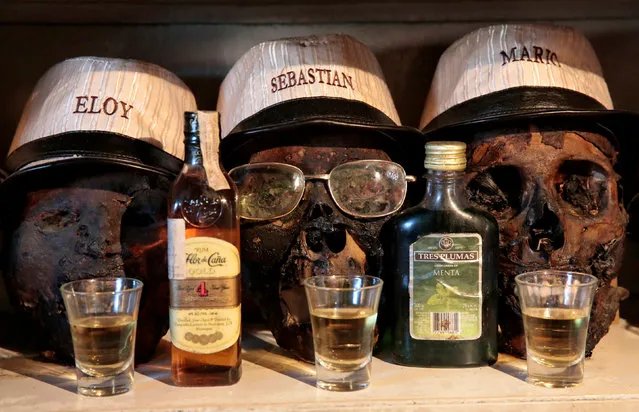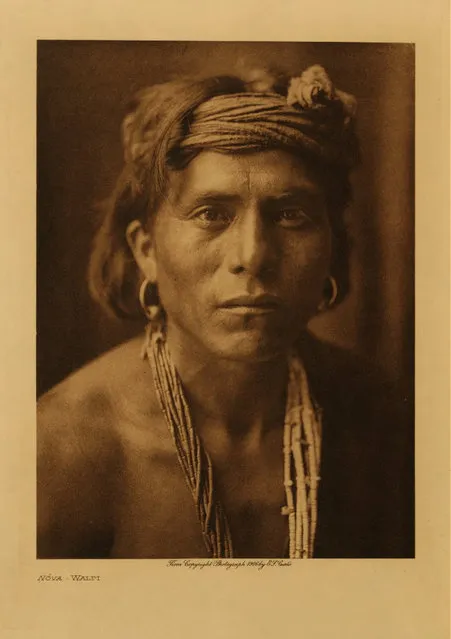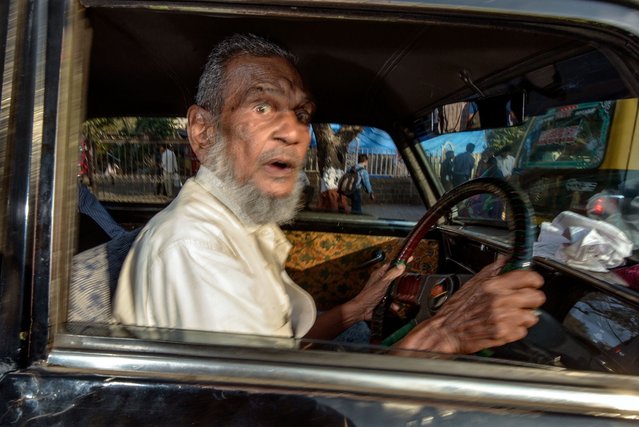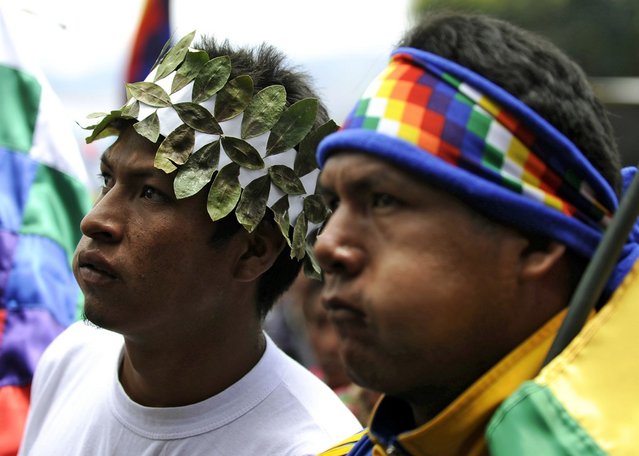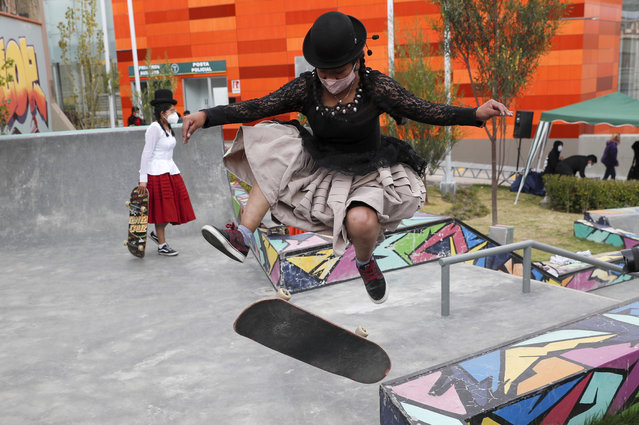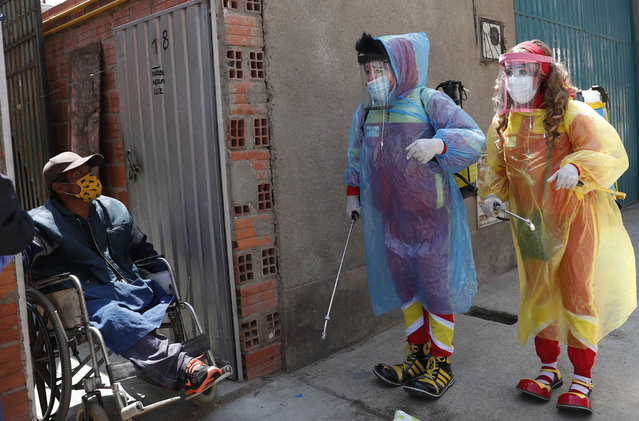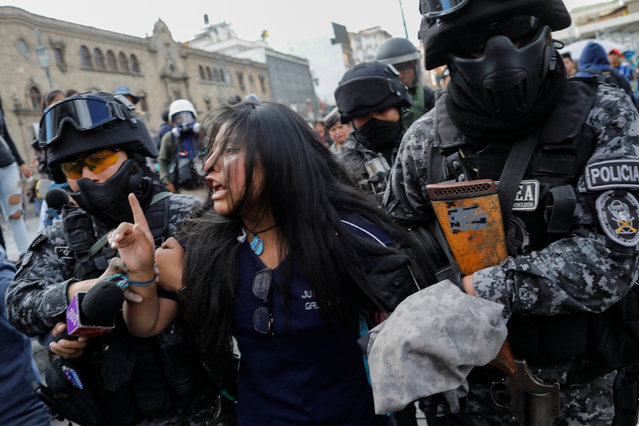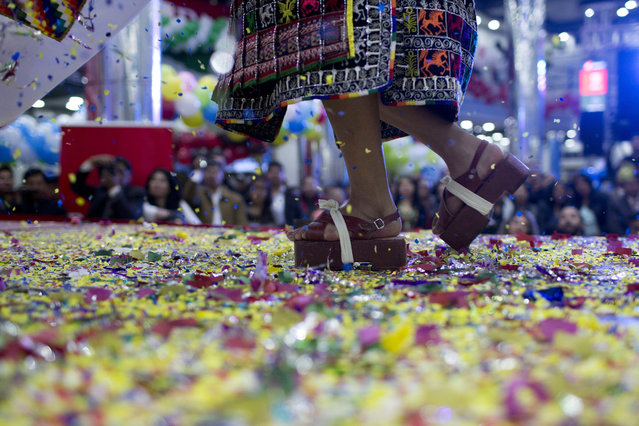
A contestant performs in wooden Pujllay dance shoes known as “ojotas”, in a contest to elect the Queen of Great Power, in La Paz, Bolivia, Friday, May 24, 2019. The largest religious festival in the Andes choses its queen in a tight contest to head the Festival of the Lord Jesus of the Great Power, mobilizing thousands of dancers and more than 4,000 musicians into the streets of La Paz. (Photo by Juan Karita/AP Photo)
27 May 2019 00:01:00,post received
0 comments

